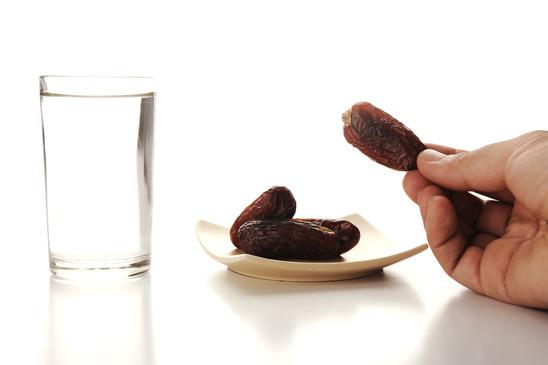
Fasting has also been shown to boost the immune system, and reduce chemotherapy side-effects. A three or five day fast is something to seriously consider when having chemotherapy.
Leading cancer centres and experts such as Dr Valter Longo of University of Southern California,Professor Thomas Seyfried of Boston, Dr Dominic D´Agostino, Assistant Professor of Molecular Pharmacology, University of South Florida, and the Max-Plank Institute show that fasting can play an important therapeutic role in the treatment of cancer.
Fasting has been a part of the treatment of illness since Hippocrates and Plutarch was quoted as asserting, ‘Instead of using medicine, rather fast a day’.
Between 2008 and 2013 there have been a number of research studies suggesting fasting can have significant beneficial effects with people trying to beat cancer, halting cancer progression, improving survival, reducing the side-effects of drugs and radiotherapy and even causing tumours to disappear. Here we look at the background and the research.
Calorie restriction and fasting
Calorie restriction (a reduction in energy intake without malnutrition - usually involving a reduction by 15% of calories consumed) is an interesting concept in the health field. It is linked to increased lifespan, better metabolism and reduced risk of chronic illness. (For example: Mattison JA, Lane MA, Roth GS, Ingram DK. Calorie restriction in rhesus monkeys. Exp Gerontol 2003;38:35–46).
In real life, during the second World War it was noted that populations such as the Belgians and Norwegians became healthier, with less cancer and heart disease, when they had calorie-restricted diets simply because of a lack of food.
Research studies with animals have shown longevity improvements of up to 40 per cent by reducing the intake of daily calories consumed to 10 to 15 per cent below ideal levels. There is some evidence that the effect is stimulated because calorie restriction causes the body to produce sirtuins, hormones that protect it in times of stress such as starvation might produce.
A 2007 report on research evidence by Krista A Vardy and Marc K Hellerstein showed that Alternate Day Fasting (where every other day, there is a fast consisting only of a 400 calorie meal for women and a 600 calorie meal for men) was associated with reduced blood levels of glucose, insulin, IGF-1 and ‘bad’ fats, with a long-term reduced risk of chronic diseases including diabetes, cardiovascular disease and cancer.
In early 2013, The Oncologist magazine commented in the Editorial on research that showed restricting calories in patients having radiotherapy produced better results. It suggests the same might be true of chemotherapy and calorie restriction, with clinical trials planned. So much for the NHS booklets telling you to pour dairy, sugar and sticky buns down your throat when having chemotherapy!
In 2014 Dr Valter Longo of University of Southern California showed that fasting caused ´old´ white immune cells to die. These were replaced from stem cells as soon as the subject recommenced eating. Thusa three day fast could regenerate a strong immune system - it also improved chemotherapy results and reduced side-effects.
Dr Dominic D´Agostino has done a considerable amount of work on Calorie Restriction, fasting and the Ketogenic Diet. Carbohydrate restriction will reduce levels of blood glucose, insulin and IGF-1, all implicated in the cancer development process. But when you have your next meal containing carbohydrates, the glucose and hormone levels will spike. This causes mood swings and the spikes can still aid cellular inflammation and cancer development.
To have an impact on cancer restriction, calorie restriction is essential. This induces ketosis in the body, a process where normal carbohydrate metabolism is replaced by ketone and fatty acid metabolism. Healthy cells have the flexibility to cope, but cancer cells are inflexible.

Add new comment